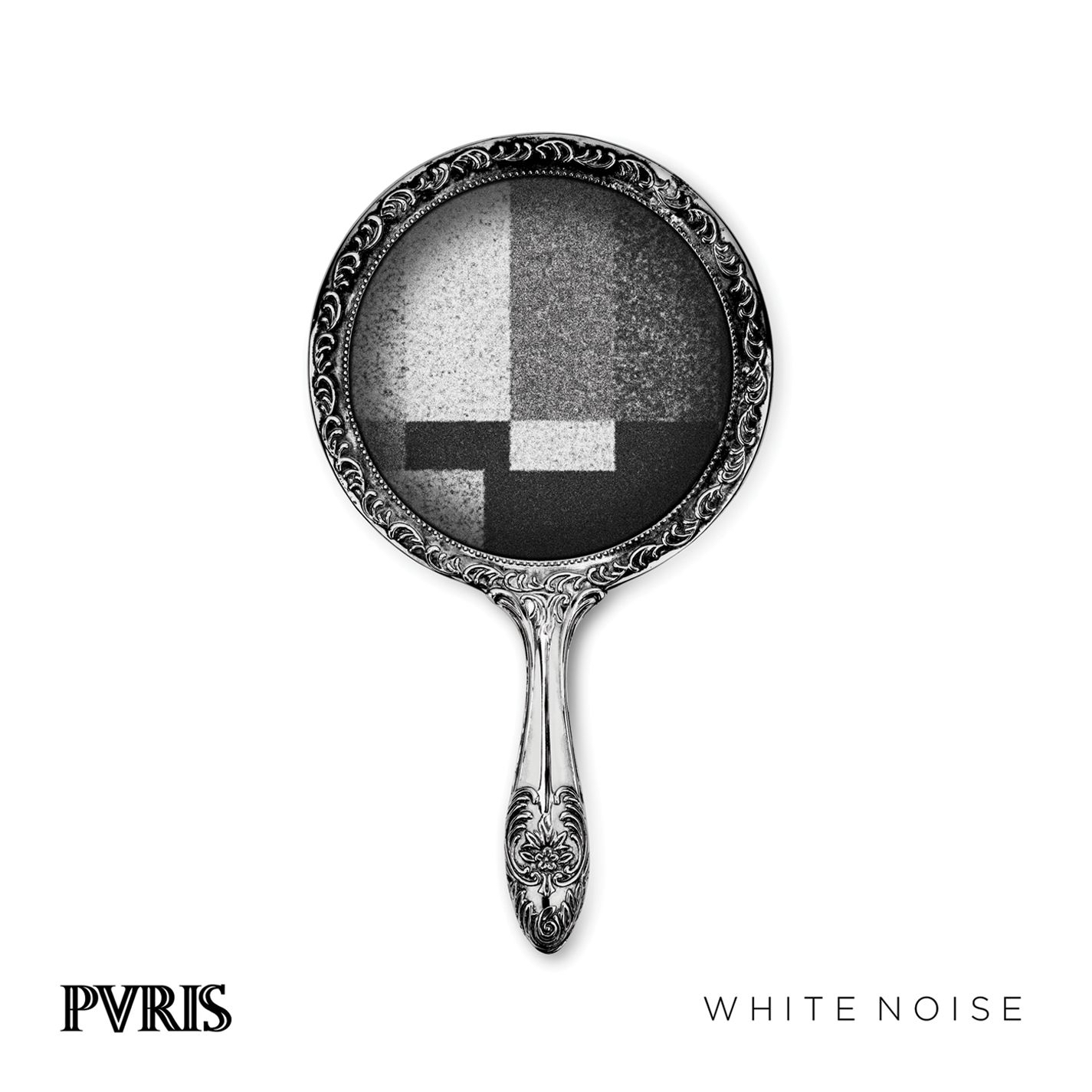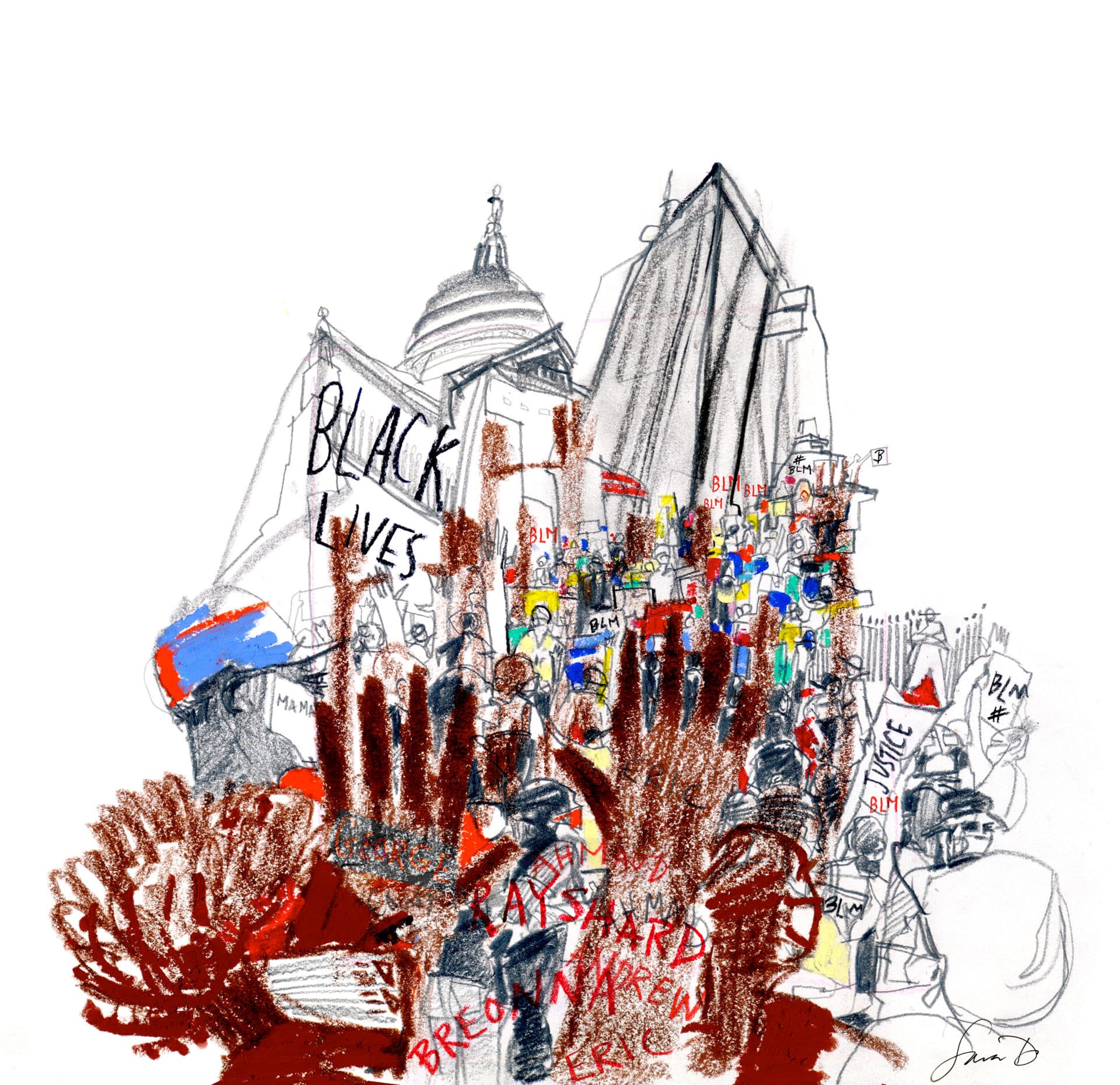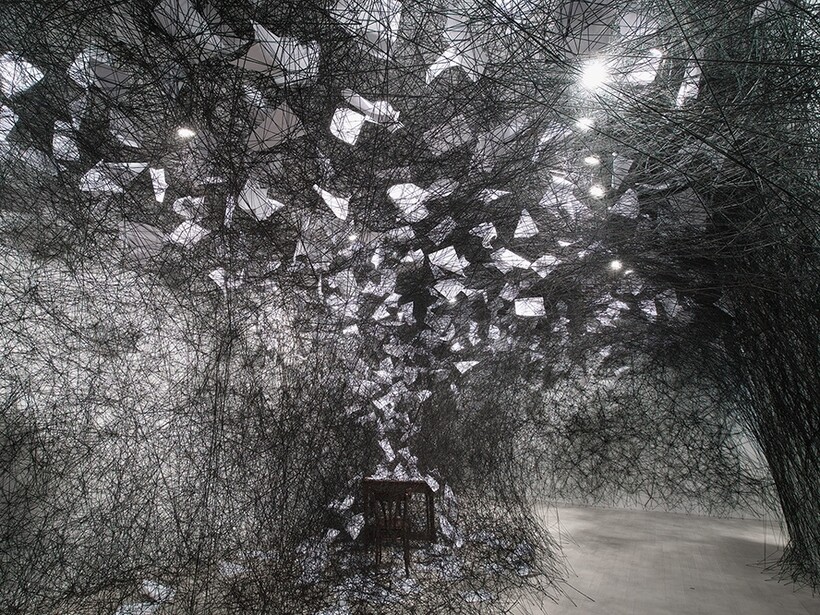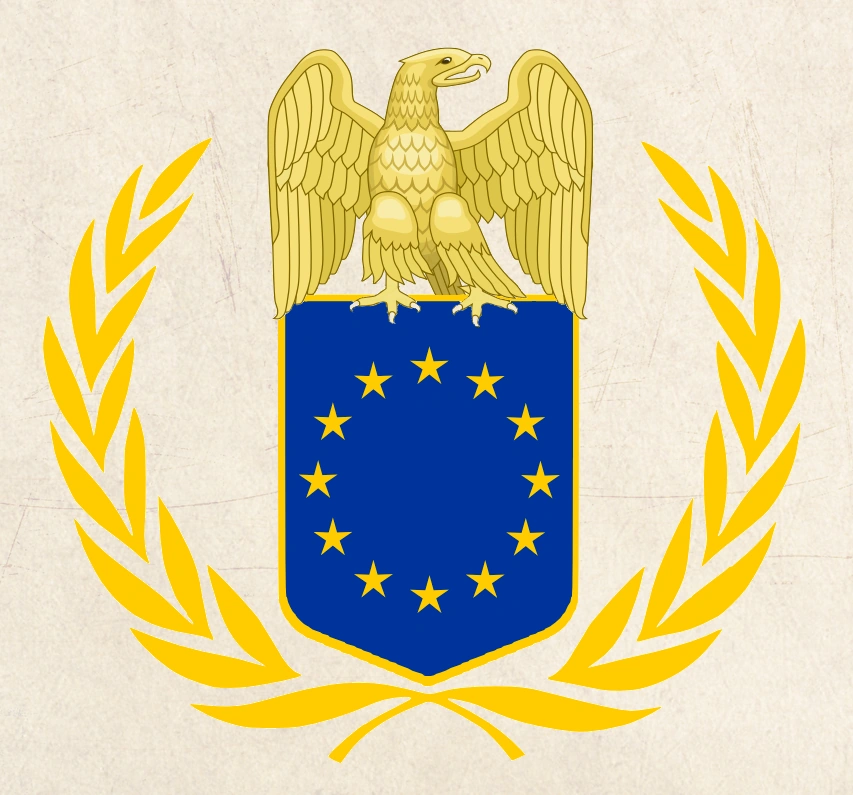
Common Questions that You’ll Have to Answer
“White noise” is the term for sounds that are such a regular part of your environment that they blend into a dependable background hum. White noise is a subtle sound track for your daily life. It’s like living next to a freeway. At first, the sound of the cars may seem so loud you can barely hear yourself think. But after a while the drone becomes familiar, a standard part of your daily routine. In fact, some days you can’t imagine living without it. Just kidding.
You may have heard these statements so often that you’ve begun to tune them out. It’s time to splash some cold water on your face and listen again to what’s being said around you. . . .
• ‘Do black people get tan? What I mean is, does your skin get darker? And then do you call that ‘tan’ or ‘darker’? You get blacker, right? Or do you get lighter? Do you get lighter in the sun?’
• ‘You speak English very well. You’re so articulate. You can talk without even sounding black. But you could sound black if you wanted to, right? Do it now. Say something and sound really black.’
• ‘I used to try to make friends with black people, but black people just don’t want to be friends with white people. I try to talk to them and they look at me like I’m crazy. What am I doing wrong?’
•”I thought it would be really fascinating to meet you since you’re from the Caribbean. Oh, you’re not from the Caribbean? Well, you could be. Are you sure you’re not?’
• ‘I’ve met a few black people in my life. They were interesting, always wore the most colorful clothes. I don’t remember their names. I liked to look at them. But I didn’t make friends with any of them. We didn’t have anything in common.’
• ‘How come black people don’t come to our group? I invite them. I have food I think they will like, but they don’t come. Week after week we wait, and no people of color come. They just aren’t interested in our group. I guess we’re going to stay an all-white group. I don’t know how to change that. It’s not our fault. We want to talk about racism, but how can we do that without people of color there?’
• ‘Why do you call yourselves black? I mean you’re not really black, you’re more of a brown color. Though I did see this man once who was so black. He was actually black, like the color, like my shoes. Actually black. He was beautiful. I thought so.’
• ‘You have such an interesting name. Are you named after [insert name of geographical landmark] or [insert name of ethnic food] or maybe [insert rhyming name of impoverished country]? I’ve never met anyone with your name. Did you make it up yourself?’
• ‘Why are you always talking about racism? Can’t you just relax? I tell people not to talk about race around black people ‘cause you’ll get really angry and call them racist.’
• ‘I really don’t have very much experience with people of color. I don’t know what to say or do. I’m from an all-white town, remember? Don’t fault me for my circumstances. If I’m surrounded by white people, I’m going to know mostly white people and know about white people. What am I supposed to do? Yes, all of my friends are white, but I don’t know any other people. Am I supposed to seek out black people? You think they’re going to talk to me?”
• ‘My grandparents are the most racist people you’d ever meet. I sit at dinner sometimes and they say the most racist things. I can’t believe it. There’s nothing I can do about it. Let me tell you some of the things they say. They are so racist.’
• ‘Last year I read this book, I don’t remember the name, but a black person wrote it. You know the one they made into a movie? It was great. You’d like it. It wasn’t like anything I’ve ever read. You’d probably understand it more than I would. It was really good. The main character was black and he killed a woman and he was running from the police. And I don’t want to spoil the ending or anything ‘cause you really should read it, but he gets killed. In the end. In prison. He was guilty. It was really good. Really realistic. A black person wrote it, so it was accurate. I think it was based on a true story. I bet it was true. You’d like it. You should read it. I’ll lend it to you.’
• ‘Where I went to school there was a lot of racism and the black kids were always protesting. I don’t really know much about it. I heard once that the campus police beat this kid up because he was black. But he must have done something wrong. Anyway, I didn’t really get involved with it. I had to concentrate on important things, like my schoolwork.’
• ‘All the black people I’ve met are so angry, it makes it hard to be friends with them. But you are easy to talk to. You don’t get mad every time I say something.’
• ‘You come from a big family. And you grew up in the ghetto, I mean, inner city. Right? How many brothers and sisters do you have? Did you have to share a bedroom with all of them? Do you know your father? And you were really poor and on welfare. Or did you have money? Then you aren’t really black. Like, you are black, but you are kind of white too. You kind of act white. I bet you can be black or white depending on who you’re talking to.’
• ‘Were your great-grandparents slaves? I just found out that my great-great-grandparents were slave masters. They owned slaves. Of course I don’t think that’s good or anything. I’m glad that it’s all in the past now. I can’t be held responsible for something my ancestors did hundreds of years ago. It was a really long time ago. Everything is different now. People are equal. I can’t keep paying for things my ancestors did that I don’t even believe in. What am I supposed to do, pay a special tax? A white tax?’
• ‘People think that you, I mean black people, are uneducated. But you’re different. I mean, I don’t think of you that way. A lot of people I know think that way. You’re easy to talk to. Most black people aren’t as easy to talk to as you are. I can say whatever I want around you and I know you’re not going to call me a racist or something. Right? Because I’m not. I’m not a racist. You know that, right?’
• ‘I don’t even see race. When I look at someone I don’t see their race at all. I’m really beyond all of that.’
• ‘I don’t think of you as black.’”
aus: Damali Ayo: How to Rent a Negro (2005), im Internet.
Abb.: Pyris: White Noise, Plattencover, im Internet.
03/24





